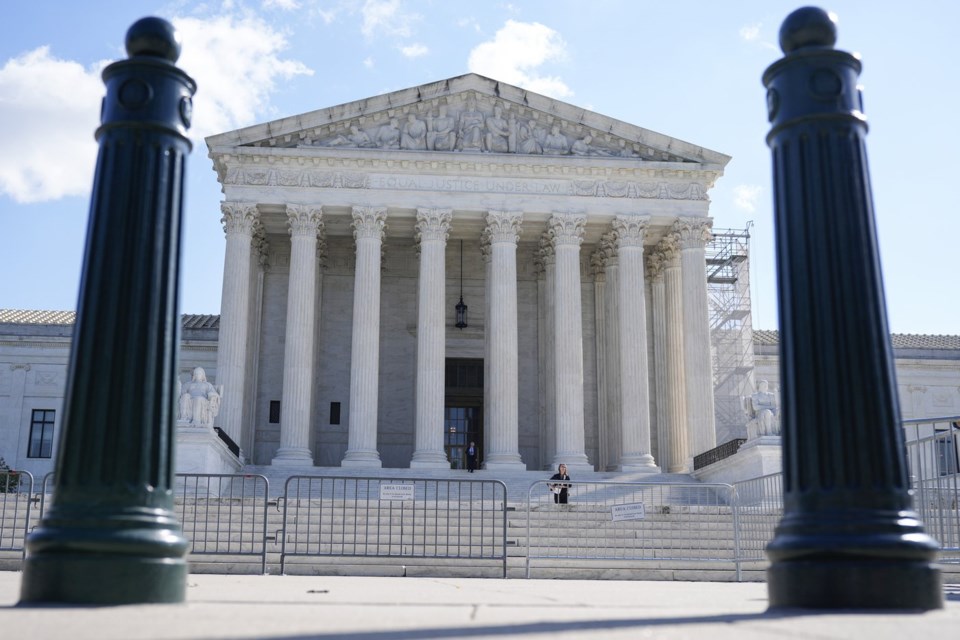WASHINGTON (AP) — The Supreme Court on Monday rejected an appeal from who was once dubbed “Pharma Bro” after jacking up the price of a lifesaving drug.
Shkreli appealed an $64.6 million in profits he and his former company reaped after monopolizing the market for the medication and drastically increasing its price. His lawyers argued that the money went to his company rather than him personally.
The justices did not explain their reasoning, as is typical, and there were no noted dissents.
Prosecutors, though, said the company had agreed in a settlement to pay $40 million, and because Shkreli masterminded the scheme he should bear responsibility for repaying profits.
New York Attorney General Letitia James applauded the court's action upholding the order, which also included a lifetime ban on Shkreli working in the pharmaceutical industry.
“This win reinforces how our state’s tough anti-fraud laws help protect New Yorkers and ensure bad actors cannot abuse their power, wealth, or influence,” she said in a statement.
Thomas Huff, a lawyer for Shkreli, said the decision was disappointing. But he also said the high court could yet overturn a lower court decision that made the $64 million penalty order possible even though Shkreli hadn’t personally gotten the money.
“If and when the Supreme Court does so, Mr. Shkreli will have a strong argument for modifying the order accordingly,” he said.
Shkreli was also the Wu-Tang Clan’s “Once Upon a Time in Shaolin,” the unreleased work that has been called the world’s rarest musical album. The multiplatinum hip-hop group put a single copy of the album up for auction in 2015, on the condition that it not be put to commercial use.
Shkreli was convicted of lying to investors and cheating them out of millions of dollars in two failed hedge funds he operated. Shkreli was CEO of Turing Pharmaceuticals — later Vyera — when it raised the price of Daraprim from $13.50 to $750 per pill after obtaining exclusive rights to the decades-old drug in 2015. It treats a rare parasitic disease that strikes pregnant women, cancer patients and AIDS patients.
He defended the decision as capitalism at work, saying insurance and other programs ensured that people who need Daraprim would ultimately get it. But the move sparked outrage, from the medical community to Congress.
after serving much of a seven-year sentence.
Lindsay Whitehurst, The Associated Press




